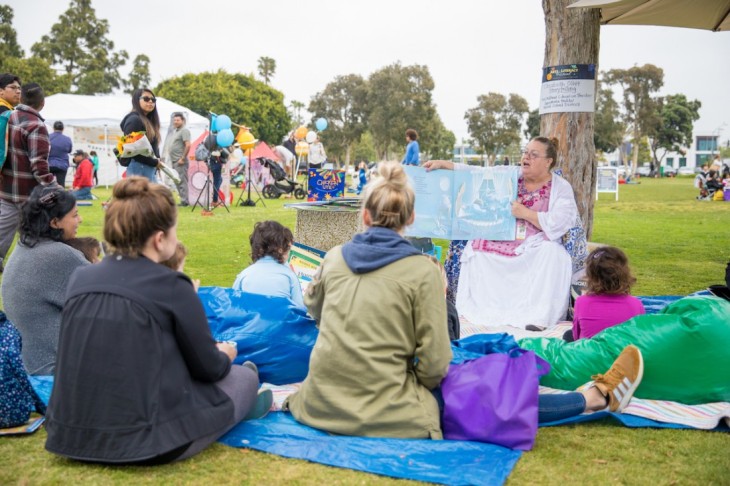Hearing loss is one of the most common medical conditions affecting older adults. Approximately one-third of the population between ages 65 and 74 has some form of hearing loss and this number increases to 50 percent after age 75.
Trouble hearing can be a frustrating, isolating, embarrassing and dangerous problem.
Hearing problems can be serious because they may interfere with understanding and following a doctor’s advice or responding to warnings such as alarms and oncoming traffic.
Older people who do not hear well may withdraw from others to avoid feeling frustrated or embarrassed. In doing so, they also may become depressed. Missing or mishearing information can make people appear confused or to have memory problems.
Hearing loss can occur either suddenly or gradually.
The two general categories of hearing loss are sensorineural and conductive.
Sensorineural hearing loss occurs when there is damage to the inner ear or auditory nerve and is usually permanent.
It can occur for a variety of reasons.
The most common way is through a condition known as “presbycusis,” which is the slow loss of hearing as we age.
Other causes include chronic exposure to loud noises, viral or bacterial infections, tumors, certain medications, head injuries, stroke or heart conditions.
Conductive hearing loss occurs when sound waves cannot reach the inner ear. This type of hearing loss can often be restored by medical treatment or surgery.
Treatment depends on the type and degree of hearing loss, and some treatments work better than others.
Many people lip read or speech read. There also are devices that can improve hearing loss, such as hearing aids and cochlear implants. Hearing aids amplify sound, but things sound differently when wearing them. Consequently, people often need time to adjust and “relearn how to hear.”
Cochlear implants are small, electronic devices surgically implanted in the inner ear to help provide a sense of sound for those who are profoundly hard of hearing. Other assistive devices include phone-amplifying devices and smartphone “apps.”
The following situations are common for those with hearing loss:
• Difficulty hearing telephone conversations.
• Trouble hearing when there is background noise.
• Hard to follow conversations when more than one person is talking.
• Strain to understand a conversation.
• Many people seem to mumble or not speak clearly.
• Misunderstand what others are saying and respond inappropriately.
• Often ask people to repeat their comments.
• Others complain that the TV volume is too loud.
If three or more of these scenarios apply to you, please see your doctor to have your hearing checked. Seeking early treatment for hearing loss is a sound way to improve your quality of life.
Dr. Grace Chen is a board-certified geriatrician with the highly regarded UCLA Geriatrics Program in Santa Monica. For more information, call 310.319.4371 or visit uclahealth.org.

























